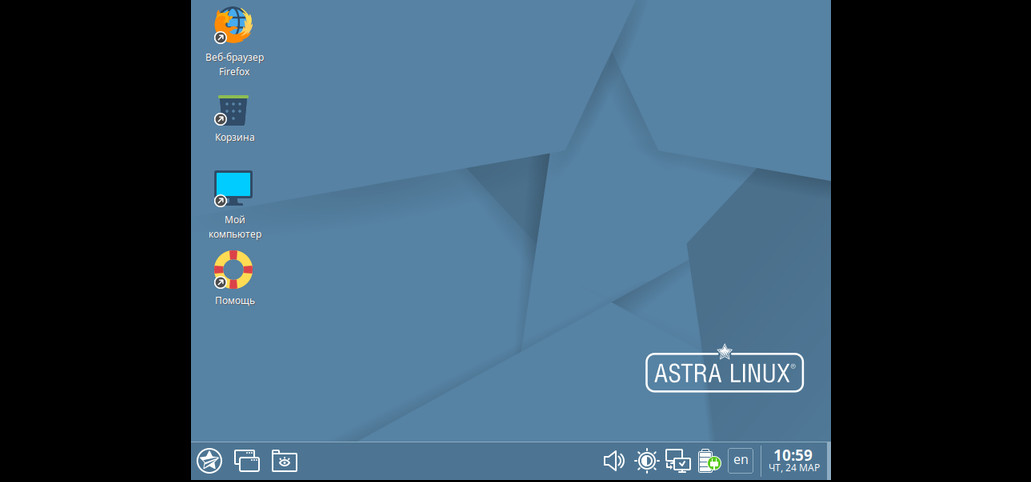Yesterday’s widespread global outages across the globe of key infrastructural services such as banking, air travel, news broadcasts, medical services, and basically any systems that use the Windows operating system. The issue was traced to an update that created a revolving glitch in machines it was loaded onto.
Crowdstrike, who are responsible for the Windows OS security systems have been thrown into chaos, trying to resolve the situation and just a few hours ago some services began to become to become usable again.
Governments quick to condemn Russia
Many western governments were quick to condemn Russia for the outages, which highlights the lack of honesty and propaganda by western authorities when something like this happens. A faulty Windows update is hardly something that Moscow is likely to have instigated.
Russia unaffected
Russia has been unaffected by the outages because it doesn’t use Windows in key services. Instead it uses Astra Linux, which is a domestically developed software based on the Debian Linux model.
They has been developing and encouraging the use of their own software as part of a broader strategy to reduce dependence on foreign technology, including software from companies like Microsoft. This initiative aims to enhance national security, economic independence, and technological sovereignty. Key points in this strategy include…
Astra Linux:
Russia has been promoting the use of Astra Linux, a domestically developed operating system, particularly within government agencies and state-owned enterprises. Astra Linux is designed to meet the specific security needs of the Russian government and is certified for use with sensitive and classified information.
MyOffice:
This is a Russian-developed office suite designed to replace Microsoft Office. It includes word processing, spreadsheets, presentations, and email software.
Domestic Software Mandates:
In recent years, the Russian government has implemented policies mandating the use of domestic software in government and public sector organisations. This includes databases, operating systems, and other critical applications.
Educational and Training Programs:
To support the adoption of domestic software, Russia has invested in educational and training programs to ensure that IT professionals and end-users are proficient in using these tools.
Western dependence on Windows
In the West, the high reliance on the expensive Windows operating system is proving to be a liability.
System dependence on this system creates several challenges and risks for organisations and users. One major issue is vulnerability to security threats, as Windows is a common target for malware, ransomware, and cyber-attacks due to its widespread use. This necessitates constant vigilance and frequent updates to maintain security, which can be resource-intensive. Additionally, dependence on Windows can lead to vendor lock-in, where organisations are tied to Microsoft’s ecosystem, limiting flexibility and increasing costs associated with licensing and proprietary software. Compatibility and interoperability issues may also arise when integrating with non-Windows systems or software, potentially disrupting workflows and reducing efficiency. Furthermore, the reliance on a single operating system stifles innovation and diversity in IT environments, hindering the adoption of alternative technologies that may offer better performance, security, or cost-effectiveness for specific use cases.
Linux an increasing choice
Linux is increasingly becoming the operating system of choice for systems creators due to its open-source nature, robust security features, and flexibility. Developers and organisations appreciate the ability to customise and optimise Linux for specific use cases, benefiting from a wide array of distributions tailored to various needs, from servers to embedded systems. Additionally, the active and collaborative Linux community ensures continuous improvement and rapid response to security vulnerabilities, making it a reliable and resilient option. Despite these advantages, governments have been slow to adopt Linux, often due to entrenched dependencies on legacy systems, the perceived complexity of migration, and the substantial initial costs associated with retraining staff and updating infrastructure. Moreover, long-standing contracts and relationships with proprietary software vendors like Microsoft contribute to the inertia, as transitioning to Linux requires overcoming bureaucratic, technical, and financial hurdles. Nonetheless, as the benefits of Linux become more evident, there is a growing recognition among policymakers of the need to explore and gradually implement open-source alternatives in government IT ecosystems.
In the mean time
In the meantime, widespread outages, like those experienced yesterday, are likely to remain a persistent possibility due to the heavy reliance on a single operating system or technology stack. This can create systemic vulnerabilities, where a failure in one component (in this case a simple security update) can cascade across multiple systems, leading to widespread disruptions.
